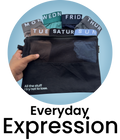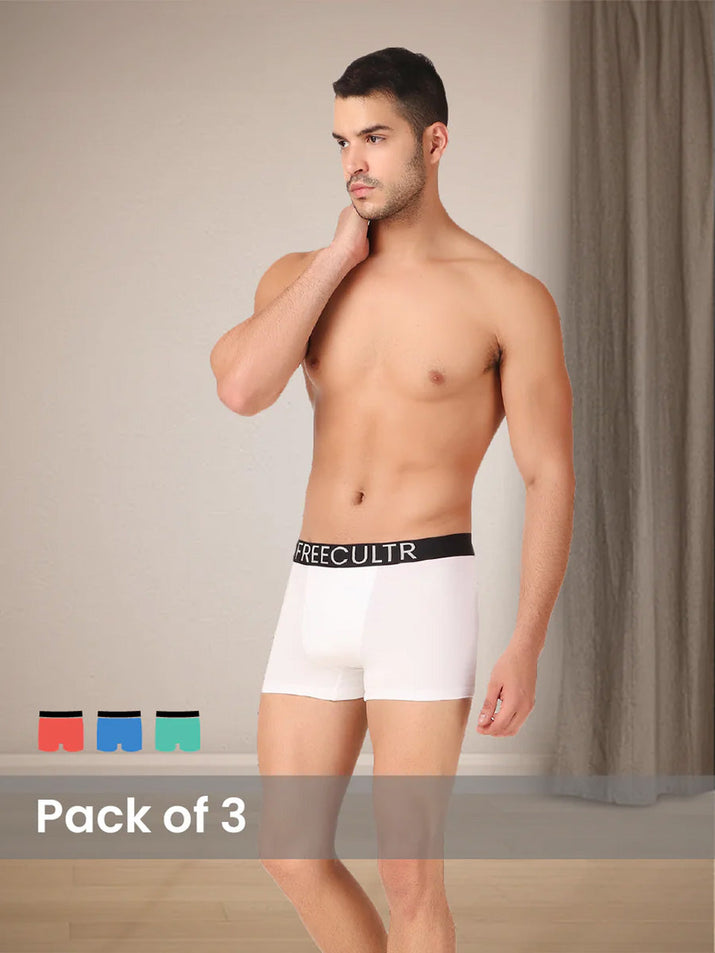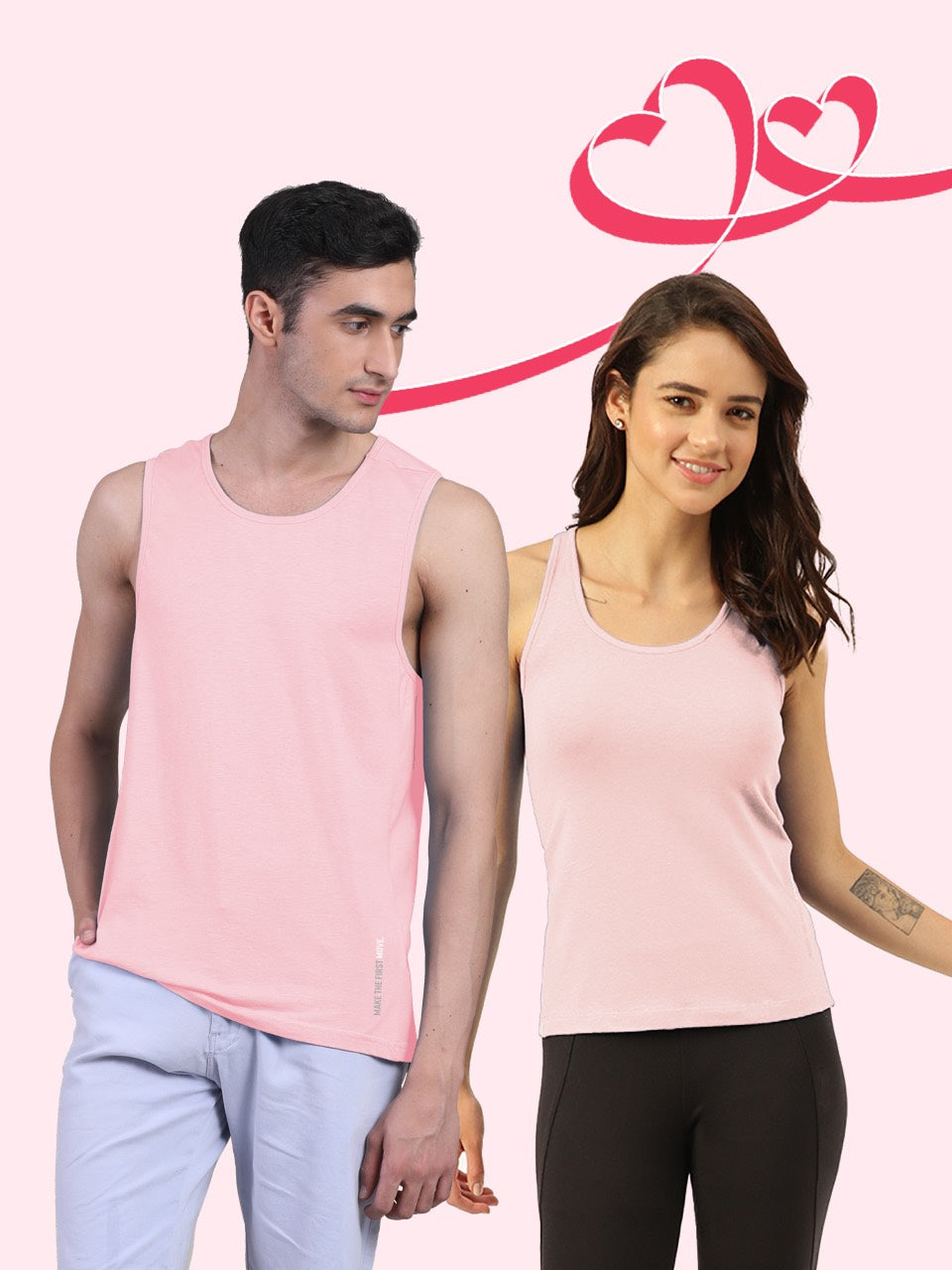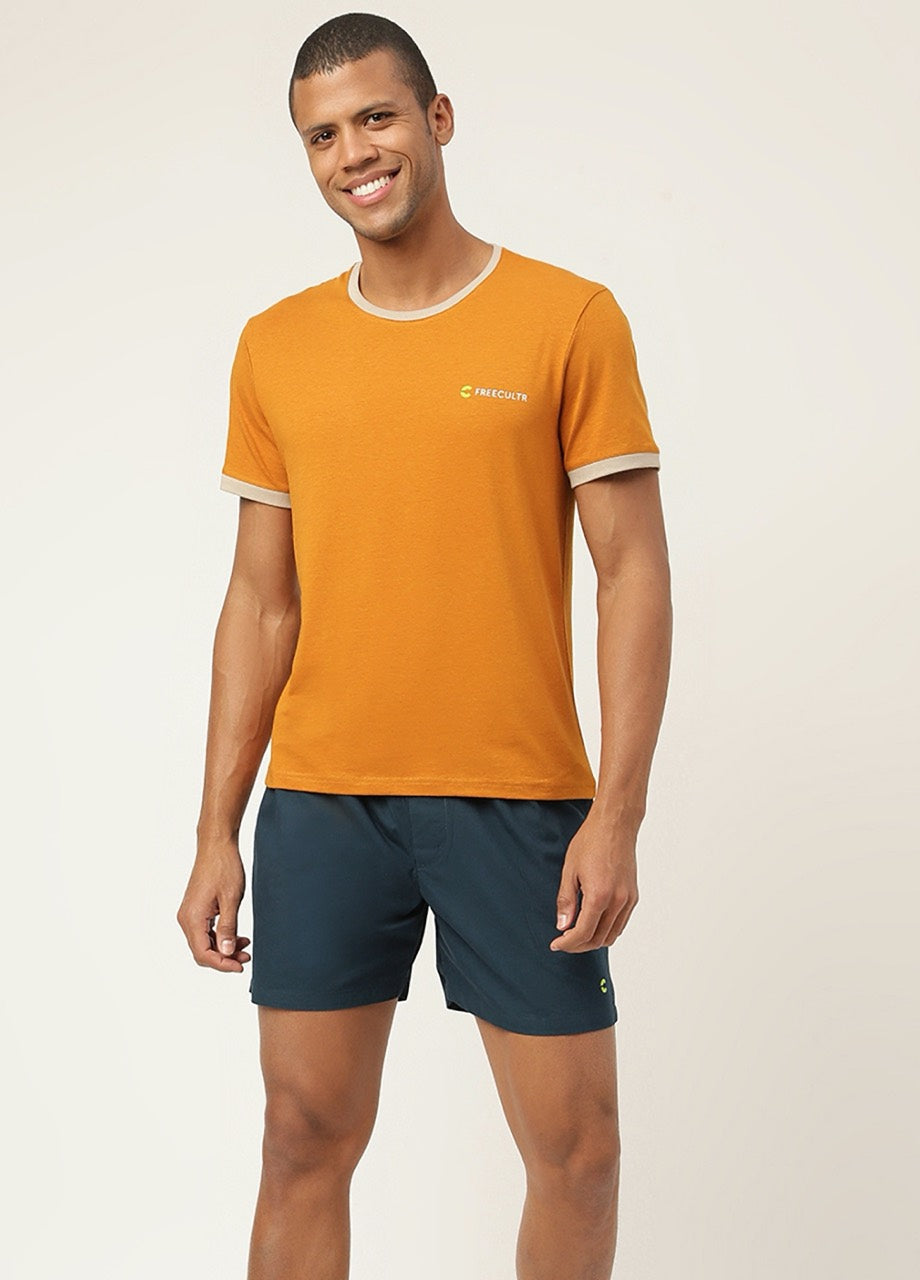The fashion industry faces increasing pressure to minimize its environmental footprint amidst growing consumer awareness. Freecultr, a key player in the apparel market, is actively addressing this challenge. We’re seeing brands globally experimenting with circular economy models and sustainable material sourcing to cut emissions. Freecultr's approach centers on a comprehensive carbon reduction strategy across its supply chain, from raw material selection to distribution. This exploration will detail Freecultr's specific initiatives, including its adoption of eco-friendly fabrics, waste reduction programs. Carbon offsetting projects. We'll also delve into the data-driven methodologies used to track progress and ensure accountability, offering insights into how Freecultr balances sustainability with delivering comfortable and stylish clothing.

Understanding the Carbon Footprint of Fashion
The fashion industry, known for its fast-paced trends and global supply chains, has a significant environmental impact. This impact, often referred to as a carbon footprint, encompasses the total greenhouse gas emissions caused by the industry's operations. These emissions arise from various stages, including:
- Raw Material Production: Cultivating cotton, producing synthetic fibers like polyester. Raising livestock for leather all contribute to greenhouse gas emissions. For example, cotton farming requires substantial water and pesticides, while polyester production is energy-intensive and relies on fossil fuels.
- Manufacturing: Textile mills and garment factories consume large amounts of energy for processes like spinning, weaving, dyeing. Cutting. These processes often rely on coal-powered electricity, leading to significant carbon emissions.
- Transportation: The global nature of the fashion industry means that raw materials, fabrics. Finished garments are often transported across long distances by ships, trucks. Airplanes. The fuel consumption associated with these transportation methods contributes significantly to the industry's carbon footprint.
- Consumer Use and Disposal: Washing, drying. Ironing clothes consume energy and water. Moreover, the disposal of unwanted clothing in landfills contributes to methane emissions as textiles decompose.
Therefore, understanding the carbon footprint of fashion is crucial for identifying areas where improvements can be made to reduce its environmental impact. This is where brands like Freecultr are stepping up, actively working to minimize their contribution to this global challenge.
Freecultr's Commitment to Sustainability: A Holistic Approach
Freecultr believes that Fashion and Comfort can coexist harmoniously with environmental responsibility. We are dedicated to minimizing our carbon footprint through a comprehensive strategy that addresses every stage of our product lifecycle.
Here's how Freecultr is making a difference:
-
Sustainable Materials: At Freecultr, we prioritize the use of eco-friendly materials that have a lower environmental impact compared to conventional options. This includes:
- Organic Cotton: Grown without harmful pesticides and synthetic fertilizers, organic cotton reduces water pollution and protects biodiversity. Compared to conventional cotton, organic cotton farming can reduce water consumption by up to 91%.
- Recycled Polyester: Made from recycled plastic bottles, recycled polyester reduces our reliance on virgin fossil fuels and helps divert waste from landfills. Each Freecultr garment made with recycled polyester helps to keep plastic out of our oceans and reduces carbon emissions.
- Tencel™ Lyocell: This fabric is made from sustainably sourced wood pulp using a closed-loop production process that minimizes waste and water usage. Tencel™ Lyocell is known for its softness, breathability. Eco-friendliness.
- Ethical Manufacturing: We partner with factories that adhere to strict environmental and social standards. These factories prioritize energy efficiency, water conservation. Waste reduction. We conduct regular audits to ensure compliance with our ethical guidelines and to identify opportunities for improvement.
- Reduced Transportation: We optimize our supply chain to minimize transportation distances and consolidate shipments whenever possible. We also explore alternative transportation methods, such as rail and sea freight, which have a lower carbon footprint compared to air freight.
- Eco-Friendly Packaging: We use recycled and recyclable packaging materials to minimize waste and reduce our environmental impact. Our packaging is designed to be lightweight and compact to reduce transportation emissions.
- Transparency and Traceability: We are committed to transparency and traceability throughout our supply chain. We work with our suppliers to track the environmental impact of our products and to identify opportunities for improvement. We also provide our customers with data about the materials and processes used to make our garments.
The Power of Sustainable Materials: A Deeper Dive
Choosing the right materials is paramount in reducing the environmental impact of fashion. Let's explore some of the sustainable materials Freecultr utilizes and compare them to conventional alternatives:
| Material | Description | Environmental Benefits | Compared to Conventional Alternatives |
|---|---|---|---|
| Organic Cotton | Cotton grown without synthetic pesticides or fertilizers. | Reduces water pollution, protects biodiversity, improves soil health. | Uses significantly less water, eliminates harmful pesticides, promotes healthier working conditions for farmers. |
| Recycled Polyester | Polyester made from recycled plastic bottles. | Reduces reliance on fossil fuels, diverts waste from landfills, conserves energy. | Requires less energy to produce, reduces plastic waste, lowers carbon emissions. |
| Tencel™ Lyocell | Fabric made from sustainably sourced wood pulp using a closed-loop process. | Uses less water and energy, minimizes waste, is biodegradable. | Requires significantly less water and land than cotton, uses a non-toxic solvent in a closed-loop process. |
By opting for these sustainable materials, Freecultr actively contributes to a more circular and environmentally responsible fashion industry. We believe that consumers shouldn't have to compromise Fashion and Comfort when making eco-conscious choices.
Ethical Manufacturing: Prioritizing People and Planet
Freecultr recognizes that ethical manufacturing is an integral part of sustainability. Our commitment extends beyond environmental considerations to encompass the well-being of workers and communities involved in our supply chain.
We achieve this through:
- Fair Labor Practices: We partner with factories that provide fair wages, safe working conditions. Opportunities for worker empowerment. We strictly prohibit child labor and forced labor.
- Environmental Stewardship: Our partner factories are committed to minimizing their environmental impact through energy efficiency, water conservation. Waste reduction programs. They also adhere to strict regulations regarding wastewater treatment and air emissions.
- Regular Audits and Monitoring: We conduct regular audits of our partner factories to ensure compliance with our ethical and environmental standards. We also work with independent organizations to monitor working conditions and environmental performance.
- Building Long-Term Relationships: We believe in building long-term relationships with our suppliers based on trust and mutual respect. This allows us to work collaboratively to improve social and environmental performance over time.
By prioritizing ethical manufacturing, Freecultr ensures that our products are not only environmentally friendly but also socially responsible.
Reducing Transportation Emissions: Optimizing the Supply Chain
The transportation of raw materials and finished goods contributes significantly to the fashion industry's carbon footprint. Freecultr is actively working to reduce transportation emissions through:
- Sourcing Materials Locally: Whenever possible, we source materials from suppliers located closer to our manufacturing facilities. This reduces transportation distances and associated emissions.
- Consolidating Shipments: We consolidate shipments of raw materials and finished goods to maximize efficiency and minimize the number of trips required.
- Optimizing Transportation Routes: We use technology to optimize transportation routes and minimize fuel consumption.
- Exploring Alternative Transportation Methods: We explore alternative transportation methods, such as rail and sea freight, which have a lower carbon footprint compared to air freight.
By implementing these strategies, Freecultr is committed to reducing the environmental impact of our supply chain and minimizing our contribution to climate change. This dedication helps us deliver Fashion and Comfort in a responsible manner.
Eco-Friendly Packaging: Minimizing Waste and Maximizing Recyclability
Packaging plays a crucial role in protecting products during shipping. It can also contribute to waste and pollution. Freecultr is committed to using eco-friendly packaging materials and minimizing waste through:
- Recycled and Recyclable Materials: We use recycled cardboard, paper. Other materials for our packaging. Our packaging is also designed to be easily recyclable, encouraging customers to properly dispose of it after use.
- Minimalist Design: We use minimalist packaging designs to reduce the amount of material required. This also reduces the weight and volume of our shipments, which can lead to lower transportation emissions.
- Biodegradable Options: We are exploring the use of biodegradable packaging materials, such as plant-based plastics, to further reduce our environmental impact.
By prioritizing eco-friendly packaging, Freecultr is committed to minimizing waste and promoting a circular economy. Our commitment to responsible packaging reflects our dedication to environmental stewardship.
Transparency and Traceability: Building Trust and Accountability
Transparency and traceability are essential for building trust with consumers and ensuring accountability throughout the supply chain. Freecultr is committed to providing our customers with data about the materials, processes. People involved in making our products.
We achieve this through:
- Supply Chain Mapping: We map our entire supply chain, from raw material sourcing to finished product distribution, to identify key stakeholders and potential environmental and social risks.
- Supplier Audits: We conduct regular audits of our suppliers to ensure compliance with our ethical and environmental standards.
- Product Labeling: We provide clear and accurate product labels that disclose the materials used, the country of origin. Any relevant certifications.
- Online Transparency Portal: We are developing an online transparency portal that will provide customers with detailed insights about the environmental and social impact of our products.
By embracing transparency and traceability, Freecultr empowers consumers to make informed purchasing decisions and supports a more sustainable and ethical fashion industry. We believe that providing clear insights about our products and processes is essential for building trust and fostering long-term relationships with our customers.
Conclusion
Freecultr's journey towards carbon-conscious comfort is an ongoing commitment, not a destination. We've made significant strides in utilizing sustainable materials like TENCEL™ Modal, minimizing waste through efficient design. Offsetting our carbon footprint via strategic partnerships. But, the road ahead demands even greater innovation. Looking forward, we predict increased consumer demand for transparency and verifiable sustainability claims. To stay ahead, Freecultr will invest in blockchain technology to trace our supply chain, ensuring complete accountability from raw material to finished product. Moreover, we're exploring closed-loop recycling programs, allowing customers to return worn Freecultr garments for repurposing. Our next step is launching a pilot program featuring carbon-neutral shipping options for select product lines. We believe that by empowering consumers to make conscious choices, we can collectively drive positive change. Let’s continue to choose comfort that doesn't cost the Earth. Join us in building a more sustainable future, one comfortable garment at a time.More Articles
Soft, Sustainable. Stylish: Freeculture’s Edge Over Traditional BrandsWhat Makes Freeculture More Than Just Another Clothing Brand
Comfort Meets Culture: How Freeculture Redefines Basics Better Than Competitors
Not Just Another T-Shirt Brand: Why Freeculture is the Future of Innerwear
FAQs
Okay, so Freecultr talks about being 'carbon-conscious.' What does that actually mean in practice?
Great question! It means we're actively trying to minimize the carbon footprint of our clothing. Think of it like this: every step, from growing the cotton to shipping the final product, creates emissions. We're working to reduce those emissions by choosing sustainable materials, using efficient manufacturing. Optimizing our shipping processes. It's not perfect. It's a journey we're committed to.
What kind of materials are you using that make a difference for the environment?
You might be surprised! We prioritize materials like organic cotton (grown without nasty pesticides), recycled fabrics (giving new life to old materials). Innovative plant-based fibers. These choices reduce our reliance on resource-intensive materials and minimize waste.
How does Freecultr ensure that its manufacturing processes are environmentally friendly?
Good one! We partner with factories that share our commitment to sustainability. This includes things like using water-saving technologies, implementing responsible waste management practices. Prioritizing renewable energy sources. We also regularly audit our suppliers to ensure they're meeting our standards. We want to make sure our clothes are made ethically and sustainably.
What about shipping? All that transportation must create a lot of pollution, right?
You're spot on. Shipping is a big contributor to carbon emissions. We're constantly looking for ways to optimize our logistics, like consolidating shipments and exploring more efficient transportation methods. We're also investigating carbon offsetting programs to help neutralize the impact of our shipping.
So, Freecultr is trying to be sustainable... But is it expensive?
We get it! Sustainable clothing can sometimes come with a higher price tag. We strive to strike a balance between affordability and environmental responsibility. We believe that everyone should have access to comfortable, well-made clothes that don't cost the Earth (literally!). Our prices reflect the quality materials and ethical practices we use.
What can I do to help reduce the environmental impact of my clothes after I buy them from Freecultr?
Awesome question! You can make a big difference. Wash your clothes in cold water, air dry them whenever possible. Repair them instead of replacing them. And when you're finally done with them, consider donating or recycling them. Every little bit helps!
I'm curious, how does Freecultr measure its environmental impact?
Transparency is key! We track our carbon footprint across our entire supply chain, from raw materials to finished goods. We use industry-standard methodologies to assess our impact and identify areas for improvement. This data helps us make informed decisions and continuously refine our sustainability efforts. We're always learning and growing!





